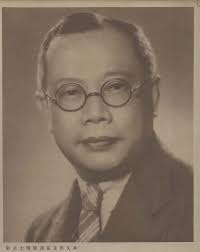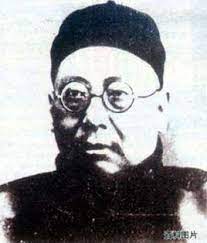Chiang K'ang-hu Orig. Chiang Shao-ch'üan Alt. Kiang Kang-hu Chiang K'ang-hu (18 July 1883-?), scholar, teacher, and propagandist of various reform causes. He founded the first Chinese socialist party in 1912, but later became more conservative. His ineffectual political career was broken by a scandal concerning restoration of the Manchu empire, and Chiang later took part […]












